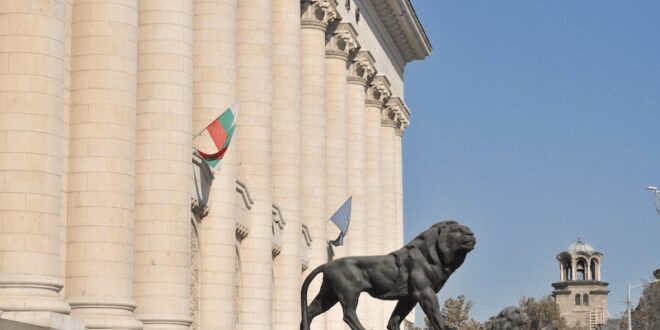Bulgarians will head to the polls on 27 October for the seventh parliamentary election in three and a half years, but there is little hope that the country’s deep political crisis will end with the formation of a stable government.
Polls by two leading agencies, Gallup International Balkan and Trend, show that a record low number of Bulgarians (32-38%) plan to vote and that a record number of nine political formations could enter parliament.
Predictions suggest that former prime minister Boyko Borissov’s GERB party, which has the support of between 25-26% of the electorate, is almost sure to win, although, with such little support, it would be very difficult for him to form a stable government, as he would need at least three political partners.
“Gallup predicts that the second place will go to the pro-European liberal coalition We Continue the Change-Democratic Bulgaria (EPP, Renew Europe) with 16.6%, and third is the pro-Russian radical party Revival (Sovereenists) with 15.6%.”
According to Trend, Revival, fuelled by disillusionment with the mainstream parties, will rise to become the country’s second political force with 15.6%, and We Continue the Change – Democratic Bulgaria will come third with 15.1%. In the last parliamentary elections in the spring, Revival was the fourth political force with 13.8%.
The situation is dramatic in Bulgaria’s divided party of the Turkish minority, the Movement for Rights and Freedoms, the leading partner of ALDE and Renew Europe.
The party has split into two camps, with Ahmed Dogan, the ALDE-backed founder of the party, in one, whose new coalition Alliance for Rights and Freedoms is polling between 8-9%. The other part of the MRF is controlled by the US-sanctioned Bulgarian businessman, politician and former media tycoon Delyan Peevski, who has 7% support.
The pro-Russian Bulgarian Socialist Party (PES) and the populist There Is Such a People (ECR) have between 6% and 7% support. The populist parties MECH and Greatness have a chance of entering parliament with around 3%, with the electoral threshold at 4%.
A pre-election Gallup poll found that 62% of Bulgarians do not believe the elections will be fair. The most serious problem in the country is vote-buying, which will become even more important given the expected low turnout.
 Eurasia Press & News
Eurasia Press & News


